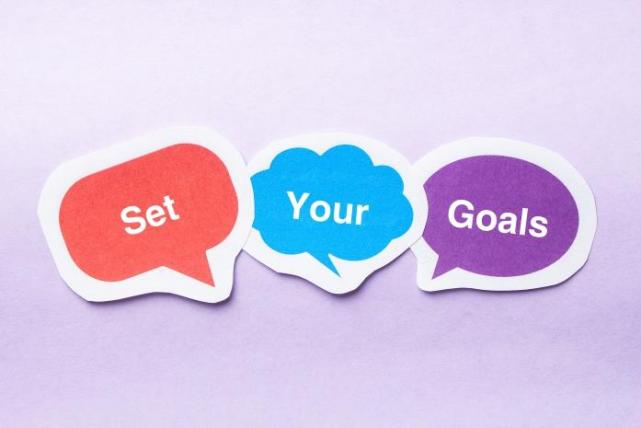
Our experience with sales teams is that less than 20% of all salespeople set written goals of any kind. We estimate that the income of this elite minority of salespeople is predictably and consistently greater than the 80-plus percent who don’t set written goals — combined!
You can help each of the members of your team join the ranks of the top performers… by helping them to craft strong written goals. During a one-on-one meeting — a period where you know the two of you will not be interrupted for at least an hour — give the salesperson you’re working with, eight sheets of paper. Each sheet should have a different headline, as set out below, but otherwise, should be blank.
- Personal
- Health
- Social
- Spiritual
- Financial
- Learning
- Career
- Family
Next, ask the salesperson to create a list of brief bullet items that reflect what he or she wants to accomplish in each area over the coming 90 days. Encourage the salesperson to spend some time with you on this “brainstorming” phase, identifying everything that’s truly important to him or her in each area. The more open discussion the salesperson is willing to have with you about each bullet item, the better. Once this brainstorming step is complete, ask the salesperson to revise the eight lists of goals so that all the goals in each category are listed in order of importance.
If the salesperson is just getting started with written goals, you may want to suggest that he or she focus on one modest “stretch” goal in each of the eight areas. Encourage the salesperson to pick something that will force him or her to stretch beyond their current comfort zone.
One written goal in particular should stand out from all the rest as the salesperson’s primary personal and professional goal. This should be the goal that means the most to the salesperson on a gut level. Identify it! Make sure the salesperson owns this goal, and is stating it in his or her own words. (For instance: “I want to have $40,000 in the bank by March 31, so my fiancée and I can make a down payment on a house.”)
Once you identify that goal, you’re ready to ask the salesperson these six critical questions:
- How committed are you to achieving this goal – and why?
- What will achieving this goal do for you as a person?
- What behaviors will you have to change to accomplish this goal?
- Who would be an appropriate accountability partner for you on this goal?
- What is the next step you should take to achieve this goal?
- How will you celebrate when you achieve this goal?
Commit to working with the salesperson by helping him or her create brief written answers to each question. Help the salesperson set up a plan for the attainment of this one major goal. Schedule appropriate check-in meetings. Say exactly what you’ll do to support the salesperson’s efforts — and then do what you promised.

